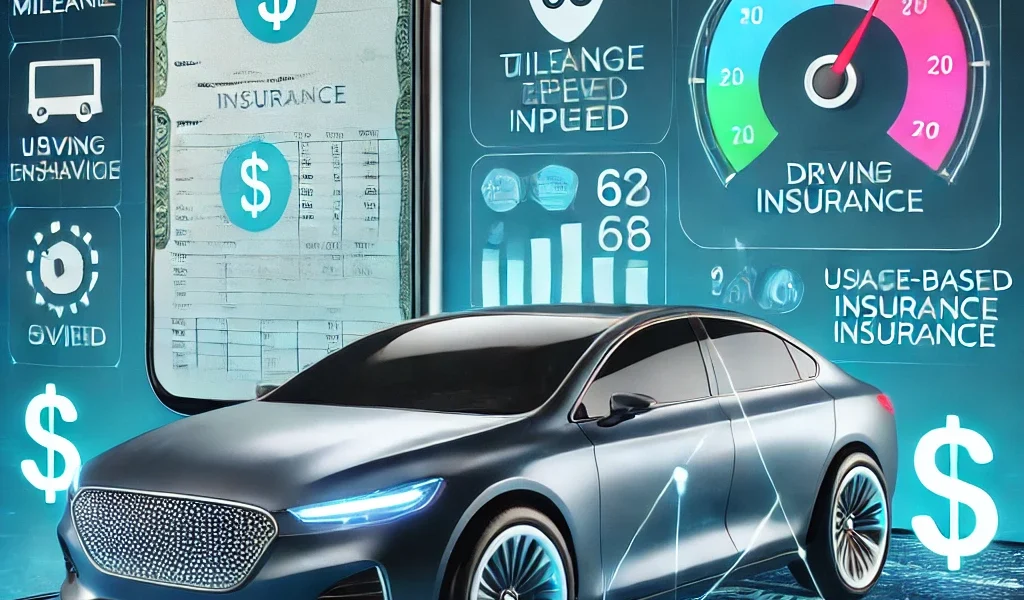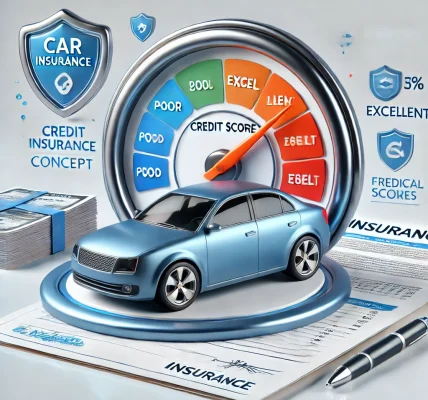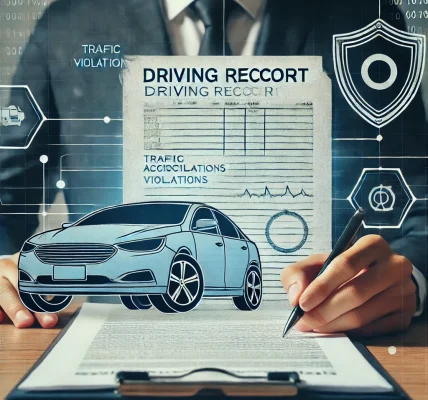Car insurance is evolving, and one of the latest trends in the industry is usage-based car insurance (UBI). Unlike traditional insurance policies that rely on fixed factors like age, location, and vehicle type, UBI calculates premiums based on your actual driving behavior. This type of insurance can be a cost-effective option for safe and low-mileage drivers, but it also comes with certain considerations.
In this article, we will explore what UBI is, how it works, its benefits and drawbacks, and whether it is the right choice for you.
What is Usage-Based Car Insurance?
Usage-based car insurance (UBI) is a type of auto insurance policy where your premium is determined by how you drive rather than fixed statistical factors. Insurers use telematics technology—installed through a mobile app or a plug-in device—to monitor real-time driving habits, such as speed, braking, mileage, and the time of day you drive.
Types of Usage-Based Insurance
- Pay-Per-Mile Insurance: You pay based on the number of miles you drive. Ideal for drivers who use their vehicles infrequently.
- Pay-How-You-Drive Insurance: Your premium is based on driving behavior, including acceleration, braking, and cornering.
- Hybrid Plans: Some policies combine both pay-per-mile and driving behavior monitoring to determine your premium.
How Does Usage-Based Car Insurance Work?
- Sign-Up and Device Installation: After enrolling, the insurer provides a telematics device or requires you to download a mobile app.
- Data Collection: The device/app records data such as mileage, speed, acceleration, braking, time of day, and phone usage while driving.
- Premium Calculation: Based on the data collected, the insurer determines your risk level and adjusts your premium accordingly.
- Regular Reports and Feedback: Some insurers provide reports on your driving habits to help you improve and save on premiums.
Benefits of Usage-Based Car Insurance
1. Potential Cost Savings
- If you drive less or have safe driving habits, you can significantly lower your premium.
- Young and new drivers can benefit from fairer rates based on behavior rather than age alone.
2. Encourages Safer Driving
- Real-time monitoring encourages drivers to be more cautious on the road.
- Reducing sudden braking, speeding, and aggressive driving can help lower accident risks.
3. Customized Insurance Plans
- Unlike traditional insurance, which generalizes risk, UBI provides personalized rates.
- Drivers who only use their cars occasionally may find better value in pay-per-mile plans.
4. Transparency and Control
- Drivers receive feedback on their driving habits, allowing them to improve and potentially save more money.
Drawbacks of Usage-Based Car Insurance
1. Privacy Concerns
- UBI relies on GPS tracking and real-time monitoring, which may raise privacy concerns for some users.
- Some insurers may share driving data with third parties.
2. High-Risk Penalties
- Aggressive driving behaviors such as hard braking, rapid acceleration, or driving late at night can increase premiums.
- Drivers who commute in high-traffic areas might be unfairly penalized.
3. Limited Availability
- Not all insurance companies offer UBI.
- Some regions may have limited coverage options or eligibility restrictions.
4. Dependence on Technology
- The accuracy of telematics devices and mobile apps varies, and errors in data collection can affect your premium.
Is Usage-Based Car Insurance Right for You?
UBI May Be a Good Fit If:




UBI May Not Be Ideal If:



Tips for Choosing the Right Usage-Based Car Insurance Policy
- Research and Compare: Look at different insurers offering UBI to find the best fit for your driving habits.
- Check Privacy Policies: Understand how your data will be used and whether it will be shared with third parties.
- Monitor Your Driving: If your insurer provides feedback, use it to adjust your driving habits and maximize savings.
- Understand the Terms: Make sure you know how your premium is calculated and what factors may cause an increase.
Conclusion
Usage-based car insurance can be a great way to save money, especially for low-mileage and safe drivers. However, it requires careful consideration of privacy concerns, driving habits, and the specific terms of the policy. If you are a responsible driver who doesn’t mind telematics tracking, UBI might be an excellent option to reduce your insurance costs.
Before making a decision, compare different policies, understand how the system works, and evaluate whether the benefits outweigh the drawbacks for your personal driving situation. If UBI aligns with your driving habits, it can offer a cost-effective and tailored approach to car insurance.



